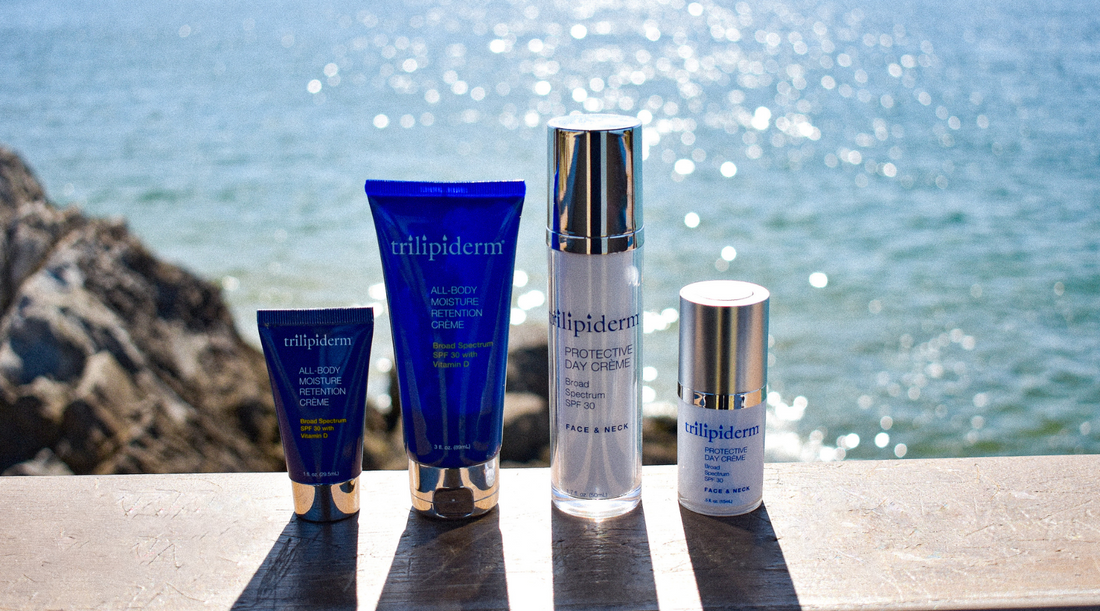Summertime calls for sun-kissed skin, but it also means putting up with intense UV rays. While staying protected with sunscreen is a no-brainer, can you wear hyaluronic acid in the sun and boost skin hydration at the same time? The answer is yes! Hyaluronic acid is a safe and effective way to keep your skin plump, hydrated, and protected. Say goodbye to sun-induced dryness and hello to radiant and healthy skin.
Is Hyaluronic Acid Safe for Summer Skin?
Hyaluronic acid has earned a reputation for making your skin more sun-sensitive. Let's clear this up: Hyaluronic acid does not make your skin more sun-sensitive. This moisture-loving ingredient is suitable for all skin types. It works as your skin's hydration shield, locking in moisture for a supple, smooth complexion all day.
The Benefits of Hyaluronic Acid Under the Sun
Your skin needs to stay hydrated. That's where hyaluronic acid comes in. It pulls moisture from the air and binds it to your skin, preventing dryness and dehydration caused by sun exposure.
A well-hydrated face looks plumper. This reduces the look of fine lines and wrinkles. Hyaluronic acid works well with sunscreens, creating a shield against sun damage and moisture loss.
Choosing the Right Hyaluronic Acid Products
Hyaluronic acid products vary in quality. For summer, look for lightweight serums or moisturizers that absorb quickly. At Trilipiderm, we use plant-based hyaluronic acid that's safe, ethical, and delivers maximum hydration benefits. If you're looking for all-in-one protection, Trilipiderm's Protective Day Creme with SPF 30 is a great choice.
How to Layer Hyaluronic Acid With Your Skincare Routine
Here's the best way to include hyaluronic acid in your summer skincare routine:
- Start with a gentle cleanser to remove dirt, oil, and impurities from your skin. This creates a clean base for your hyaluronic acid product to work effectively.
- Choose a serum or lightweight moisturizer containing hyaluronic acid. Apply a few drops to slightly damp skin for deeper penetration. Pat gently until fully absorbed.
- Apply a generous layer of broad-spectrum sunscreen with at least SPF 30. Look for formulas labeled "non-comedogenic" to avoid clogging pores, especially if you have oily or acne-prone skin.
- Reapply your sunscreen every two hours, especially if you're sweating, swimming, or spending extended time outdoors.
Important Note: If you're using hyaluronic acid for the first time, it's wise to do a patch test on a small area of your skin (like your inner arm) to check for any potential irritation.
Other Skincare Ingredients to Consider
Hyaluronic acid works well with most skincare ingredients. For an extra boost of antioxidant protection, look for products that also contain vitamin C. However, if you're using retinol or acids like salicylic acid, it's best to stick to your nighttime routine, as these ingredients can sometimes increase sun sensitivity.
Say Hello to Radiant Summer Skin
So, can you wear hyaluronic acid in the sun? Absolutely. This hydrating ingredient helps you achieve a healthy, dewy glow all summer. Remember:
- Hyaluronic acid does NOT make you more sensitive to sunlight.
- Choose lightweight, natural, and eco-conscious products.
- Always apply hyaluronic acid before sunscreen.
To give your skin an extra boost, consider Trilipiderm's Rehydration Night Crème, packed with skin-loving ingredients to replenish moisture while you sleep.

